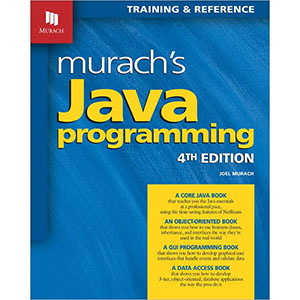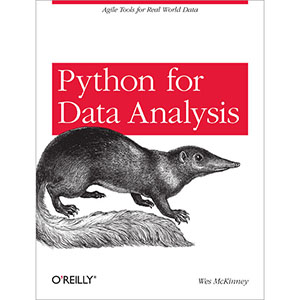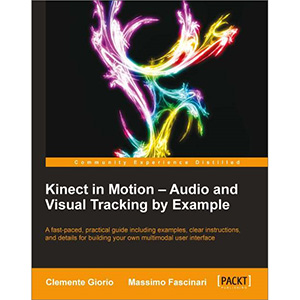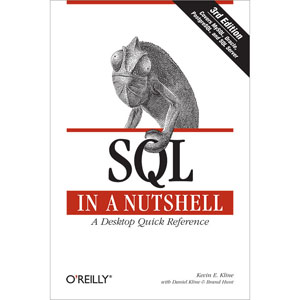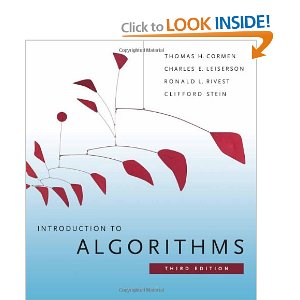The Logic of Chance
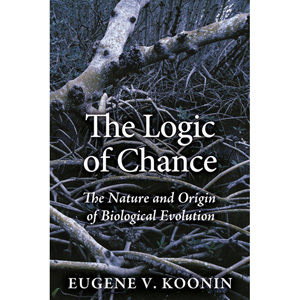
The Logic of Chance offers a reappraisal and a new synthesis of theories, concepts, and hypotheses on the key aspects of the evolution of life on earth in light of comparative genomics and systems biology. The author presents many specific examples from systems and comparative genomic analysis to begin to build a new, much more detailed, complex, and realistic picture of evolution. The book examines a broad range of topics in evolutionary biology including the inadequacy of natural selection and adaptation as the only or even the main mode of evolution; the key role of horizontal gene transfer in evolution and the consequent overhaul of the Tree of Life concept; the central, underappreciated evolutionary importance of viruses; the origin of eukaryotes as a result of endosymbiosis; the concomitant origin of cells and viruses on the primordial earth; universal dependences between genomic and molecular-phenomic variables; and the evolving landscape of constraints that shape the evolution of genomes and molecular phenomes.
From the Back Cover
An Outline of a Fundamentally New Evolutionary Synthesis Reflecting Key Advances in Genomics, Systems Biology, and Biological PhysicsIn this ambitious book, Eugene V. Koonin illuminates the gamut of randomness and regularity that is at the heart of life.
Pointing the way beyond Modern Synthesis, Koonin brings together new data and concepts in an attempt to achieve a far deeper understanding of the interplay between chance and necessity that drives biological evolution. He explains evolution as a stochastic process based on historical contingency, constrained by requirements for maintaining cell organization and modulated by adaptation.
To support his argument, he weaves together multiple conceptual threads: genomic comparisons that illuminate ancestral forms; new insights into pattern, process, and contingency in evolution; advances in the study of gene expression, protein abundance, and other phenotypic molecular characteristics; application of statistical physics to the study of the evolution of genes and genomes; and new perspectives on probability now emerging from modern cosmology.
The Logic of Chance shows why these insights make the twentieth-century scientific consensus about evolution appear outdated and incomplete and outlines a fundamentally new approach: one that is challenging, sometimes controversial, and always firmly rooted in hard science. Coverage includes
- Understanding the forces and patterns of evolution
- Surprising evolutionary “reconstructions” arising from the comparison of complete genomes
- Is there a “tree” of life–or a “forest”?
- How complex eukaryotes arose: tantalizing hints about one of evolutionary biology’s key enigmas
- Biological complexity and entropy: evolutionary lessons from Kolmogorov, Shannon, and Boltzmann
- Robustness, evolvability, and the creative role of noise in evolution
- The Last Universal Common Ancestor, cell origins, and the primordial gene pool
- The key role of viruses and the virus-cell arms race in evolution
- Life’s origin: estimating the probability of “unique events” in the context of modern cosmology
Book Details
- Hardcover: 528 pages
- Publisher: FT Press (June 2011)
- Language: English
- ISBN-10: 0132542498
- ISBN-13: 978-0132542494







